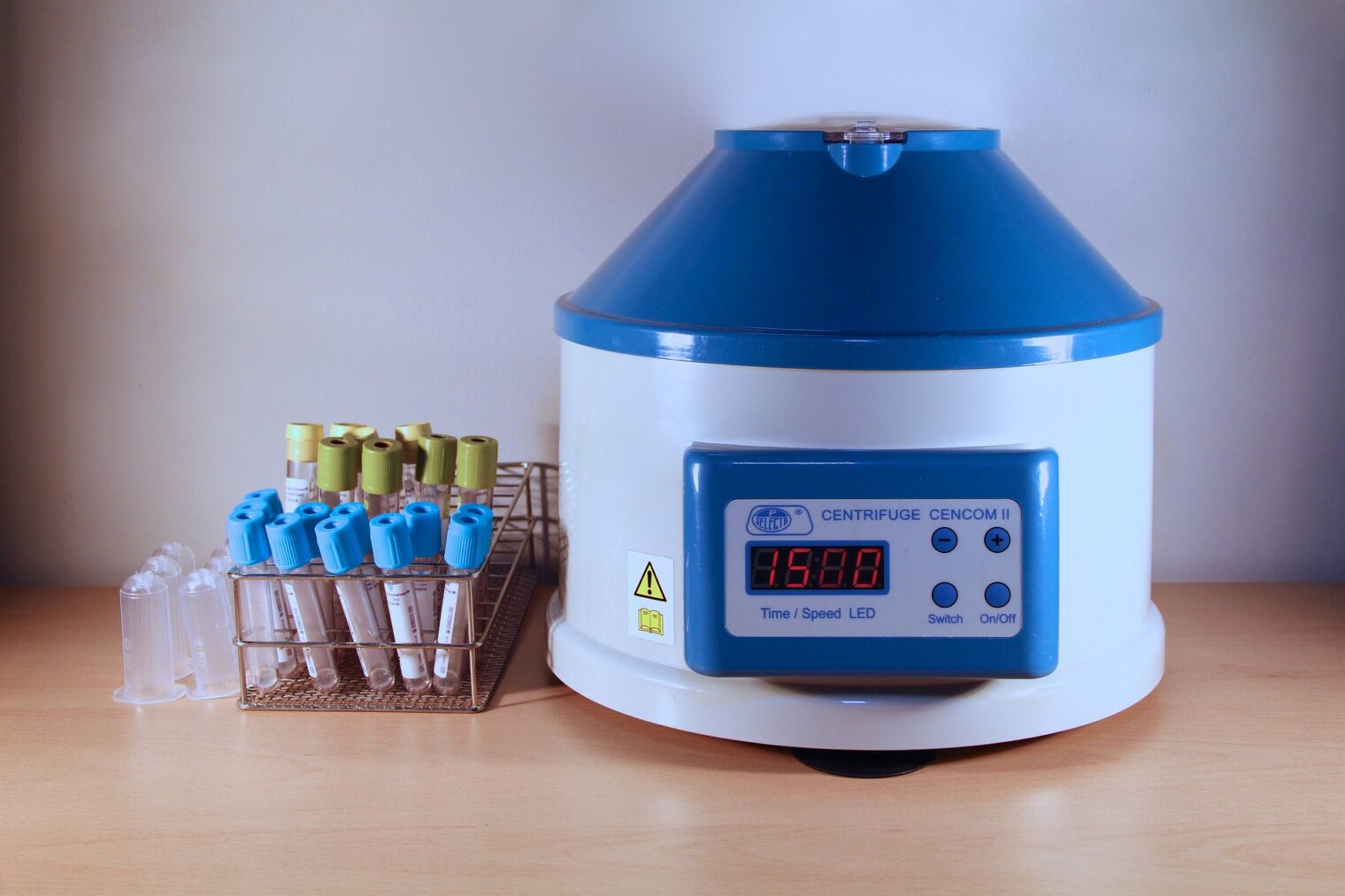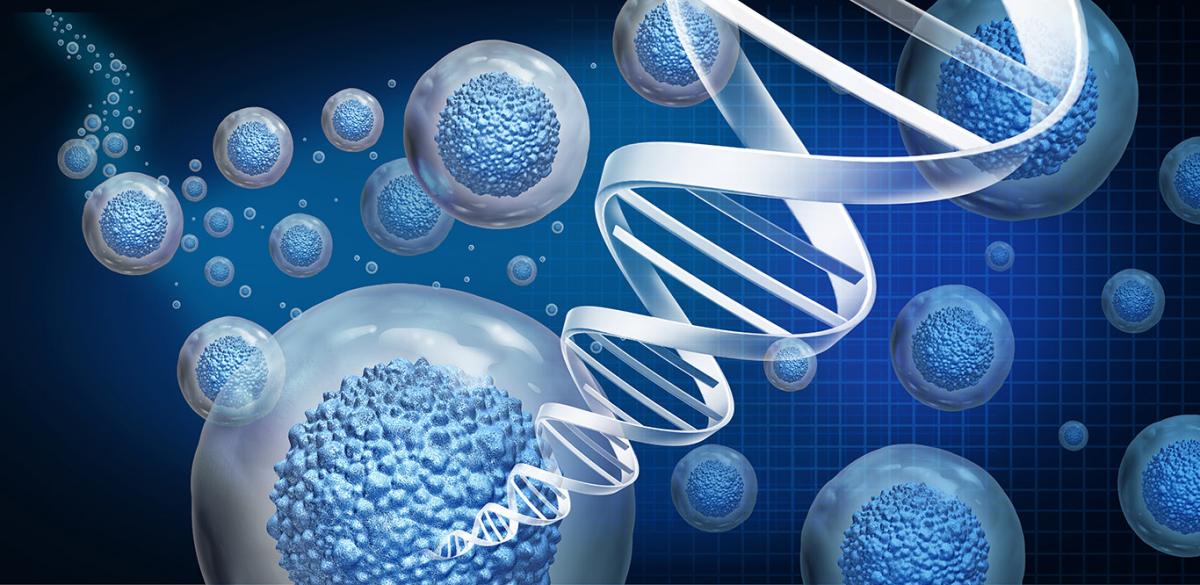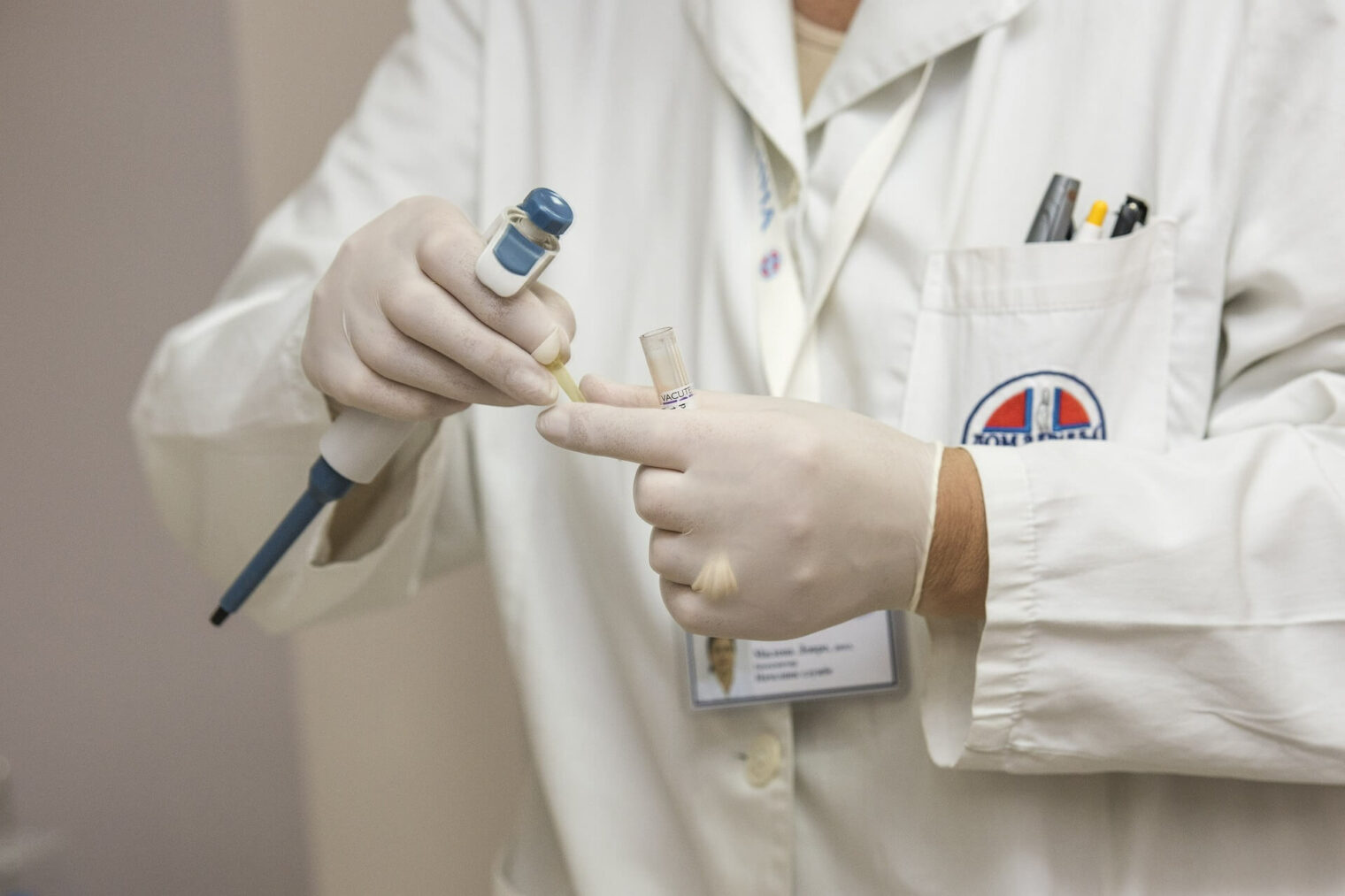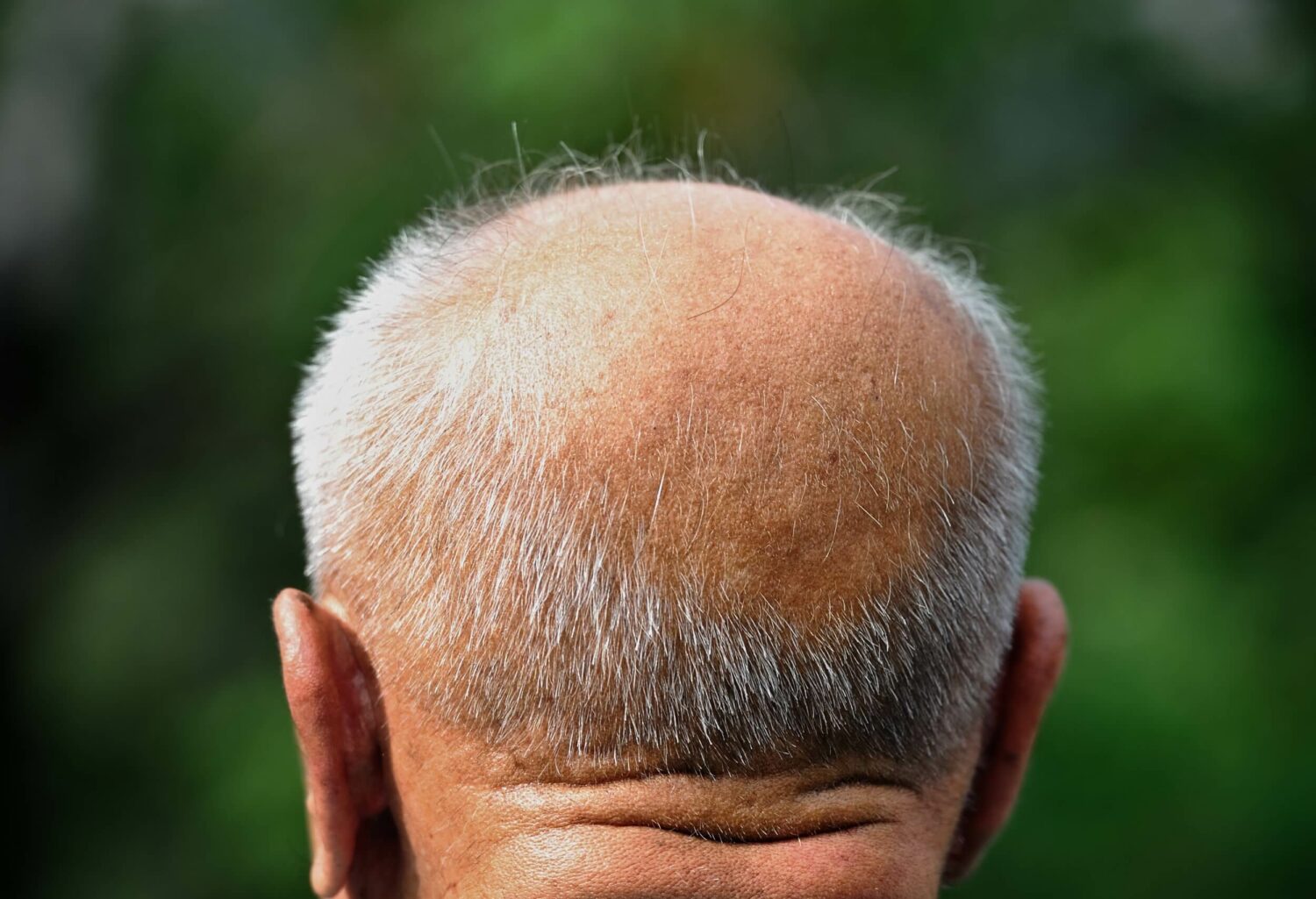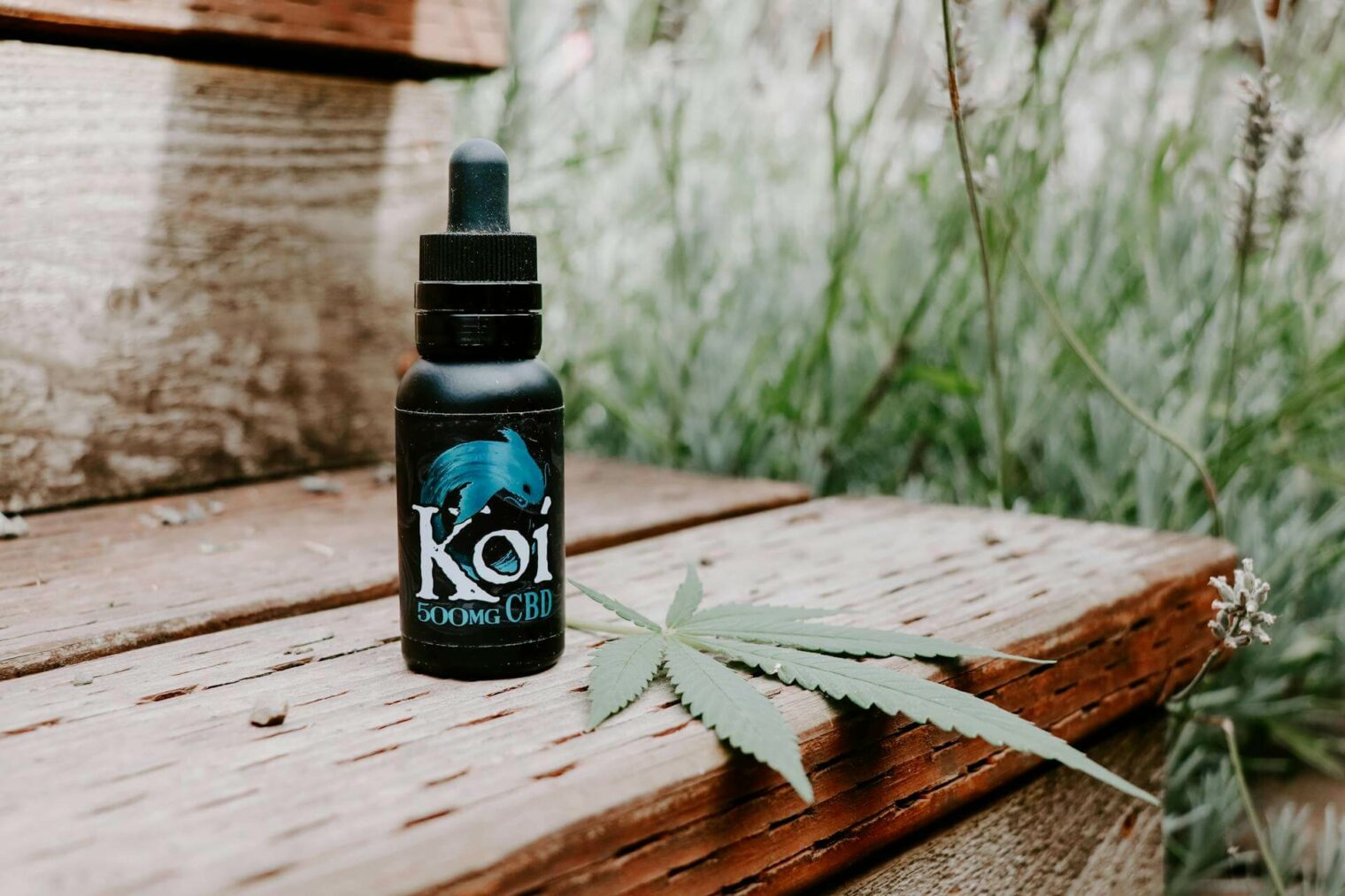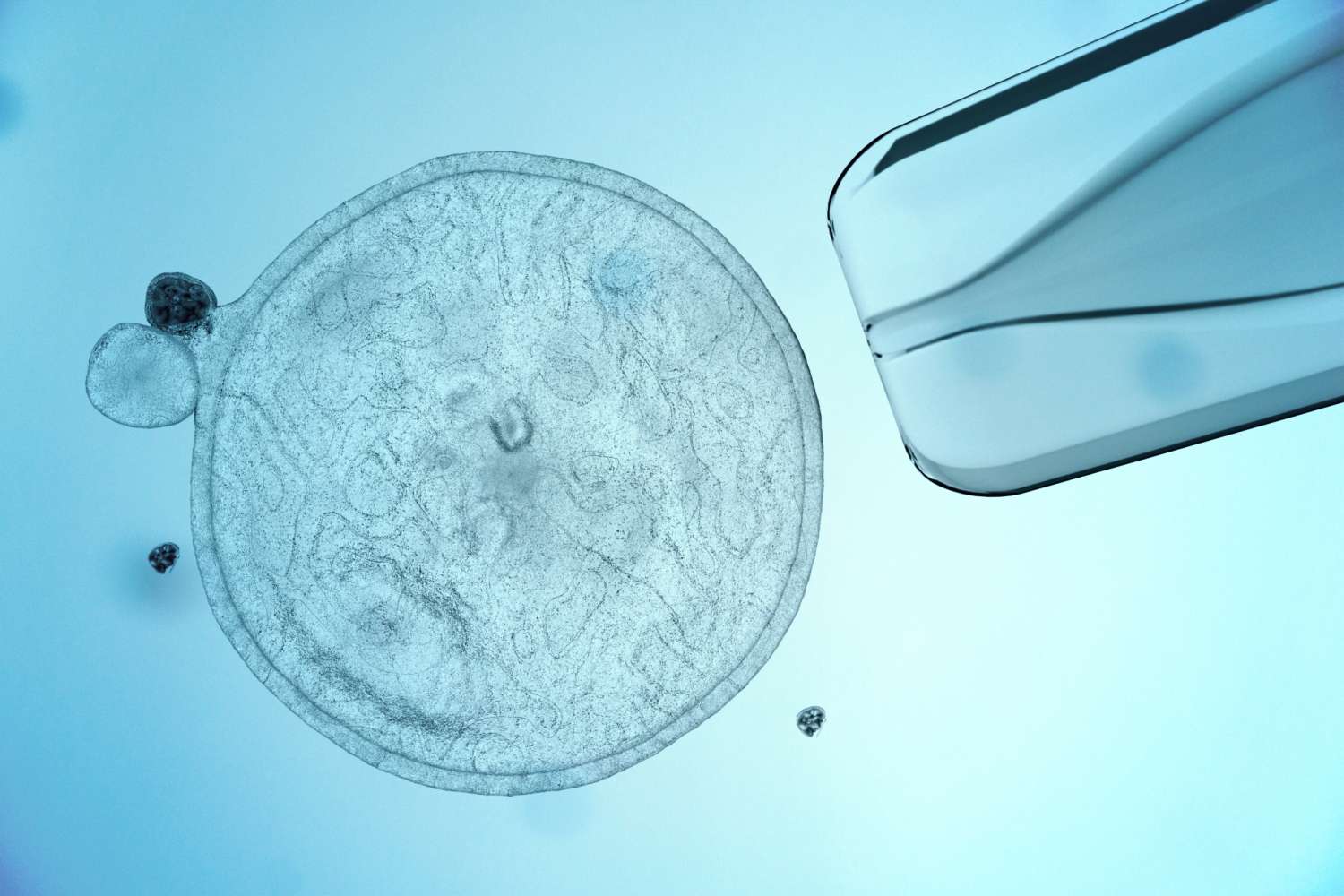Did you know that you can get testosterone-enhanced treatments for weight loss? Losing weight can feel like an uphill battle for many, with endless diets and exercise routines often leading to minimal results. For some individuals, the root of their struggle might lie within a component not frequently discussed in common weight loss strategies: testosterone levels.
Testosterone plays a vital role in regulating muscle mass and fat distribution, making it a key hormone to consider in the journey towards a healthier body weight.
Testosterone-enhanced treatments, such as testosterone replacement therapy and hormone pellets, have shown promise in aiding weight loss efforts by addressing hormonal imbalances. These testosterone-enhanced treatments can potentially adjust your metabolism, increase muscle mass, and reduce fat mass when applied correctly under professional guidance.
This blog post aims to shed light on how tweaking testosterone levels might be the missing puzzle piece in achieving your desired body composition. Ready to learn more? Let’s explore these testosterone-enhanced treatments together.
Understanding Testosterone
Testosterone is a hormone produced in the body, playing a crucial role in various functions. It influences muscle mass, bone density, and overall energy levels.
What is testosterone?
Testosterone is a crucial hormone in the human body, primarily known for its role in male sexual health and development. It plays a key part in puberty, aiding in muscle building, deepening the voice, and promoting hair growth on the face and body.
But it’s not just about physical traits; this hormone also influences mood and bone density.
This powerful chemical messenger is produced mainly in men’s testicles and women’s ovaries, though in much smaller amounts for women. Its levels can affect various aspects of health beyond mere sex characteristics—ranging from metabolism to heart health.
For those facing issues related to testosterone deficiency such as weight gain or obesity, hormone replacement therapy offers a potential solution to help regulate these concerns. Given its significant role across both genders’ physiological well-being, understanding testosterone’s functions and impacts opens doors to optimised hormonal balance and overall health improvement strategies.
Role of testosterone in the body
Moving on from the intricacies of testosterone-enhanced treatments, it’s crucial to understand its pivotal role in the body. Testosterone, an androgen hormone primarily found in males but present in smaller quantities in females, plays a significant part in various bodily functions.
This hormone is responsible for regulating muscle mass, bone density, red blood cell production, fat distribution, and even sperm production. Furthermore, testosterone influences libido and cognitive function.
Testosterone levels naturally decline with age; they peak during early adulthood and gradually decrease thereafter. Low levels of testosterone can lead to decreased muscle mass and strength, increased body fat, and reduced bone density leading to osteoporosis, and diminished sexual function.
It’s also linked to an increased risk of cardiovascular disease and metabolic syndrome.
The effects are not limited to physical changes; there are behavioural implications too such as depression or lack of motivation when testosterone levels plummet below normal ranges.
Therefore optimising this hormone is critical for overall health and well-being.
Testosterone-Enhanced Treatments
Testosterone replacement therapy can help address symptoms of low testosterone levels, which may include fatigue, reduced muscle mass, and decreased libido. This treatment involves various methods such as injections, gels, patches, or implants to restore testosterone levels in the body. These are some of the best and most effective testosterone-enhanced treatments in 2024.
Testosterone replacement therapy
Testosterone replacement therapy (TRT) involves the administration of testosterone to address low levels in the body. It can be delivered through injections, patches, gels, or pellets implanted under the skin.
According to a recent RCT study, TRT has shown positive effects on muscle mass and fat loss in individuals with low testosterone levels. However, it’s crucial to note that TRT may also pose certain risks such as acne, sleep apnoea and an increased risk of cardiovascular events.
Therefore, it is advisable for individuals considering TRT to consult with a healthcare professional to weigh the benefits against potential risks before starting treatment.
By utilising relevant keywords like “testosterone replacement therapy,” “low testosterone levels,” “RCT study,” and “healthcare professional,” the content delivers valuable information about this treatment without any fluff or unnecessary jargon.
Risks and benefits
Testosterone replacement therapy comes with potential risks and benefits. On one hand, it may improve muscle mass, bone density, and overall quality of life in individuals with low testosterone levels.
However, there are also risks associated with this treatment, including an increased risk of blood clots and sleep apnea. It’s crucial for patients considering testosterone therapy to discuss the potential risks and benefits with their healthcare provider before making a decision.
Furthermore, alternative treatments such as lifestyle modifications and dietary changes can offer benefits without the potential risks associated with hormone therapy. These include exercise, proper nutrition, stress management techniques, and adequate sleep which can naturally support healthy testosterone levels and weight loss goals while minimising any adverse effects that may come from medical interventions. Keep reading to find out more testosterone-enhanced treatments.
Alternative treatments
After considering the risks and benefits of testosterone replacement therapy, it’s important to explore alternative testosterone-enhanced treatments for boosting testosterone levels.
Dietary changes play a significant role in increasing testosterone levels. Incorporating foods rich in zinc, vitamin D, and healthy fats can naturally support testosterone production.
Additionally, herbal supplements like ashwagandha and ginger have been found to have potential benefits for enhancing testosterone levels. A study published in the Journal of Ethnopharmacology revealed that ashwagandha supplementation led to a 17% increase in testosterone levels among participants.
Furthermore, engaging in regular physical activity is crucial for maintaining optimal testosterone levels. Resistance training has proven to be particularly effective at stimulating testosterone production.
Research has shown that individuals who engage in weightlifting experience an increase in serum total and free testosterone levels.
In conclusion, exploring alternative treatments such as dietary modifications and herbal supplements along with consistent exercise can offer natural ways to enhance testosterone levels without resorting to hormone replacement therapy or other medical interventions.
How Testosterone Can Affect Weight Loss
Testosterone plays a crucial role in metabolism and the maintenance of muscle mass, directly impacting weight loss. It also contributes to fat loss, making it a key factor in managing body composition.
The link between testosterone and metabolism
Testosterone plays a crucial role in regulating metabolism. It influences how the body stores fat and builds muscle. Testosterone aids in increasing muscle mass, which can help boost metabolic rate as muscles require more energy than fat tissue.
Additionally, testosterone supports the body’s ability to burn calories efficiently by enhancing metabolic function through its influence on cell receptors that affect fat storage and utilisation.
This hormonal connection is essential for understanding weight management and overall health. Research has shown that low testosterone levels may contribute to metabolic disorders such as insulin resistance and obesity, further highlighting the significance of testosterone in maintaining a healthy metabolism.
Role of testosterone in muscle mass and fat loss
Testosterone plays a crucial role in building and maintaining muscle mass while aiding in fat loss. It boosts protein synthesis, helping muscles to grow and repair more efficiently.
Additionally, testosterone influences the body’s metabolism, promoting fat breakdown. Research has shown that low levels of testosterone can lead to decreased muscle mass and increased fat accumulation.
With an understanding of how testosterone impacts muscle growth and fat loss, it is clear that this hormone is essential for maintaining a healthy body composition. Optimising testosterone levels through various strategies can positively influence weight management efforts. You can use these testosterone-enhanced treatments to great effect.
Moving onto “Tips for Boosting Testosterone Levels”…

Tips for Boosting Testosterone Levels
Boosting testosterone levels can be achieved through regular exercise, a balanced diet rich in nutrients, adequate sleep, stress management, minimising exposure to oestrogen-like chemicals and moderate alcohol consumption.
Additionally, maintaining a healthy lifestyle and being mindful of these factors plays a crucial role in optimising testosterone levels. Keep reading to find out more testosterone-enhanced treatments.
Exercise and weight lifting
Exercise and weightlifting play a crucial role in boosting testosterone levels. Resistance training, such as weight lifting, has been shown to increase testosterone production and release.
By engaging in regular exercise that includes weight lifting, individuals can promote muscle growth, which in turn supports healthy testosterone levels. This form of physical activity also helps to reduce body fat, further aiding in the maintenance of optimal testosterone levels.
Furthermore, studies have indicated that high-intensity interval training (HIIT) can significantly enhance testosterone production. Incorporating HIIT exercises into your workout routine alongside weight lifting can effectively support your efforts to maintain healthy testosterone levels for overall well-being and vitality.
Nutrition and supplementation
Transitioning from exercise and weight lifting to nutrition and supplementation, it’s important to understand the role of a balanced diet in supporting healthy testosterone levels.
Nutrition can significantly impact hormone production, and certain vitamins and minerals are essential for testosterone synthesis. For example, research shows that vitamin D plays a crucial role in regulating testosterone levels, with studies suggesting that low levels of vitamin D are associated with lower testosterone levels.
In addition to this, zinc is another key nutrient known for its role in maintaining healthy testosterone levels. Ensuring an adequate intake of these nutrients through a well-rounded diet or supplementation may support overall hormonal balance.
Furthermore, incorporating specific foods into your diet may also provide additional benefits for optimising testosterone production. For instance, consuming foods rich in omega-3 fatty acids such as salmon or flaxseeds has been linked to potentially increasing testosterone levels.
Additionally, some studies have shown the potential benefits of consuming monounsaturated fats found in avocados and olive oil for promoting healthy hormone levels. Alongside proper nutrition, targeted supplementation can also be considered as part of a holistic approach towards supporting optimal hormonal function.
Stress management
Stress management plays a crucial role in maintaining healthy testosterone levels. High stress can lead to elevated cortisol levels, which can interfere with testosterone production.
Implementing relaxation techniques such as deep breathing, meditation, and yoga can help reduce stress and promote hormonal balance. Adequate sleep, regular exercise, and a well-balanced diet also contribute to managing stress effectively.
By incorporating stress management strategies into your daily routine, you can support optimal testosterone levels and overall well-being. It’s essential to address sources of stress proactively to maintain hormonal equilibrium for weight loss and overall health.
Optimising sleep
To optimise sleep for better testosterone levels and weight loss, aim for 7-9 hours of quality sleep each night. Studies have shown that insufficient or poor-quality sleep can lower testosterone levels and increase the likelihood of weight gain.
Establish a consistent sleep schedule by going to bed and waking up at the same time every day, even on weekends. Create a conducive environment for sleep by keeping your bedroom dark, quiet, and cool.
Avoid electronic devices before bedtime as the blue light emitted can disrupt your natural sleep-wake cycle.
Prioritise relaxation before bed with calming activities such as reading or meditation to reduce stress hormones like cortisol that can impede testosterone production. Additionally, limit caffeine and alcohol intake in the hours leading up to bedtime as these substances can interfere with restful sleep.
By optimising your sleep habits, you support hormonal balance and overall well-being while fostering an environment conducive to achieving weight loss goals. These are some of the best testosterone-enhanced treatments and tips you can get.
Avoiding oestrogen-like chemicals
Transitioning from optimising sleep to avoiding oestrogen-like chemicals, it’s essential to consider the impact of environmental exposures on testosterone levels. Oestrogen-like chemicals, such as Bisphenol A (BPA) and phthalates, are found in plastics and personal care products.
These substances can disrupt endocrine function by mimicking oestrogen in the body. Research has shown that exposure to these chemicals may lower testosterone levels and interfere with hormone balance, potentially hindering weight loss efforts.
Reducing exposure to oestrogen-like chemicals involves practical steps like using BPA-free products, opting for natural personal care items, and choosing glass or stainless steel containers instead of plastic ones.
Taking these measures can help minimise the influence of these hormone-disrupting compounds on overall health and testosterone levels. Tese are ideal testosterone-enhanced treatments and solutions.
Moderating alcohol intake
When it comes to modulating alcohol intake, it’s crucial for optimising testosterone levels and promoting weight loss. Excessive alcohol consumption can inhibit the body’s ability to produce testosterone, leading to potential hormonal imbalances.
Cutting back on alcohol is essential in allowing the body to maintain healthy testosterone levels, which are vital for supporting muscle mass and metabolism. By moderating alcohol intake, individuals can create an environment conducive to achieving their weight loss goals and enhancing overall wellbeing.
Moving forward with a focus on Nutrition and Supplementation, let’s delve into ways of optimising your diet for improved testosterone levels with testosterone-enhanced treatments.
Summary of tactics
Boosting testosterone levels can be achieved through various strategies. Regular exercise, particularly weight lifting and high-intensity interval training, has been proven to enhance testosterone production.
Additionally, a balanced diet rich in protein, healthy fats, and essential nutrients like zinc and vitamin D plays a crucial role in supporting optimal testosterone levels. Managing stress effectively and ensuring quality sleep are also vital components of maintaining healthy testosterone levels.
It’s important to limit exposure to oestrogen-like chemicals found in plastics and pesticides while moderating alcohol intake for overall hormonal balance.
Strategies such as engaging in regular weightlifting exercises, consuming a nutrient-dense diet rich in protein and essential vitamins, prioritising stress management techniques such as meditation or yoga for hormonal regulation, and optimising sleep patterns for adequate rest are key tactics that help support natural testosterone production within the body.
Furthermore, avoiding exposure to harmful environmental toxins like bisphenol A (BPA) found in plastic products and regulating alcohol consumption contributes significantly to the maintenance of healthy hormone levels. These are things you need to know about testosterone-enhanced treatments in 2024.
Testosterone-Enhanced Treatments in 2024
Boost your knowledge of testosterone and weight loss as essential strategies to improve health. Apply practical tips like tailored exercise, nutrition, and stress management to maximise effectiveness. These testosterone-enhanced treatments are the perfect solution for your weight-loss issues.
How will you implement these strategies in your daily routine for impactful results? Harnessing the power of these methods can lead to significant improvements in overall well-being.
Explore further resources and guidance available for continued learning beyond this article. Embrace this testosterone-enhanced treatments journey towards a healthier lifestyle with confidence!



